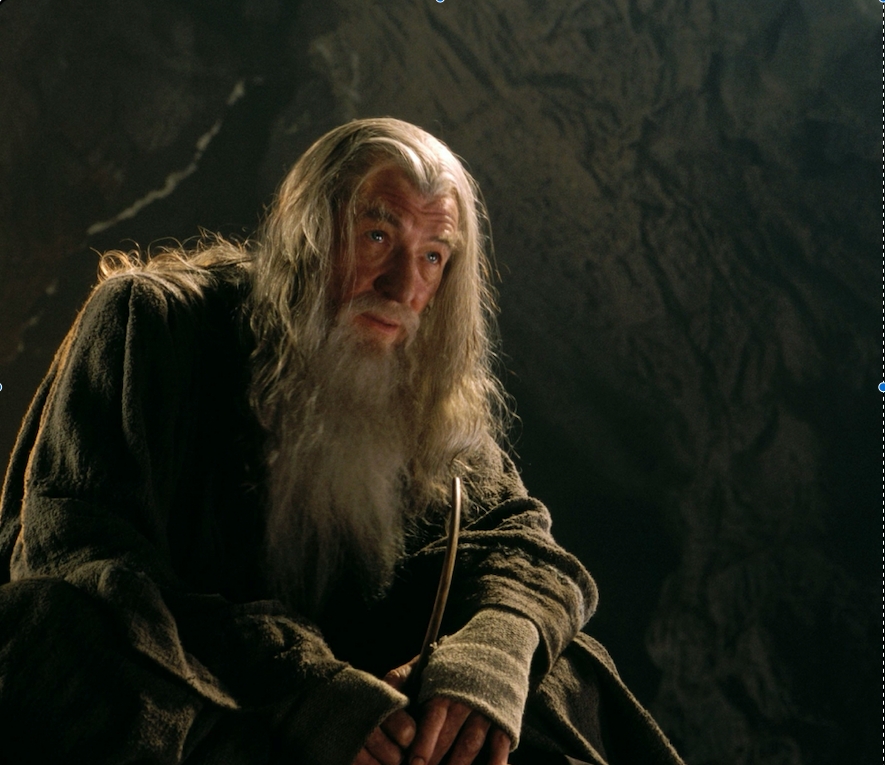The world is gripped with fear. An incurable virus is sweeping across the human population and people are panicking. The news reports vary from day to day and even the experts are enmeshed in uncertainty as so much remains unknown.
Politicians are worried about the impact on the economy–and if on the economy then on their own hold on power.
The worst thing is the uncertainty. What we do know, however, is that this is not the Black Death. People are not collapsing with horrible boils, bleeding from every orifice before gasping their last.
Some vulnerable people will become seriously ill. A small percentage will die from complications. Most who get the infection will suffer mild symptoms or inconvenient, short term illness.
Of course every precaution should be taken to protect the vulnerable and prevent the disease from spreading. It’s not okay to write off the coronavirus and pretend it doesn’t matter.
One of the causes of panic is that we live in such a highly controlled environment. We have learned to control everything unpleasant, cure every disease, banish every bad smell, control the temperature and shelter from the storm. So when we are confronted by a natural disaster over which we have no control and about which we know very little it throws us into a tailspin.
Each person must weigh their own response and use this opportunity to think how one might respond to an even greater health scare. What if this were actually a deadly disease that threatens the lives of everyone who contracts it? What if the disaster were of even greater proportions and did not give us time to prepare–the dropping of a bomb, the surge of a tsunami or an unexpected crash of an asteroid? What would we do? How would we react?
While the leaders in government should do all they can, I’m also interested in how individuals respond.
My friend Liz Lev, writing from Rome shared her response. She’s at home in her apartment with her usual tours for tourists cancelled. Her husband, the writer Thomas Williams works from home, so nothing different for him. Liz reflects on sitting out the crisis in such a historic city:
Being in Rome has its advantages. Plagues, sacks, disasters have torn this city apart over the years, yet we are still here. Indeed great saints never were in control of anything. St Peter, St Agnes, St Sebastian and a host of others were swept along with the tides of human affairs. I guess the only thing we ever can control is how we comport ourselves in difficult situations, not necessarily racing towards death, but being able to look to the future with good cheer, hope and kindness toward others, is a good start. Adversity forges character, and that is the only thing we truly control. I think of that line of Gandalf that I loved so much, but have never really had to apply: “I wish it need not have happened in my time,” said Frodo. “So do I” said Gandalf, “and so do all who live to see such times. But that is not for them to decide. All we have to decide is what to do with the time that is given us.”







Leave A Comment
You must be logged in to post a comment.